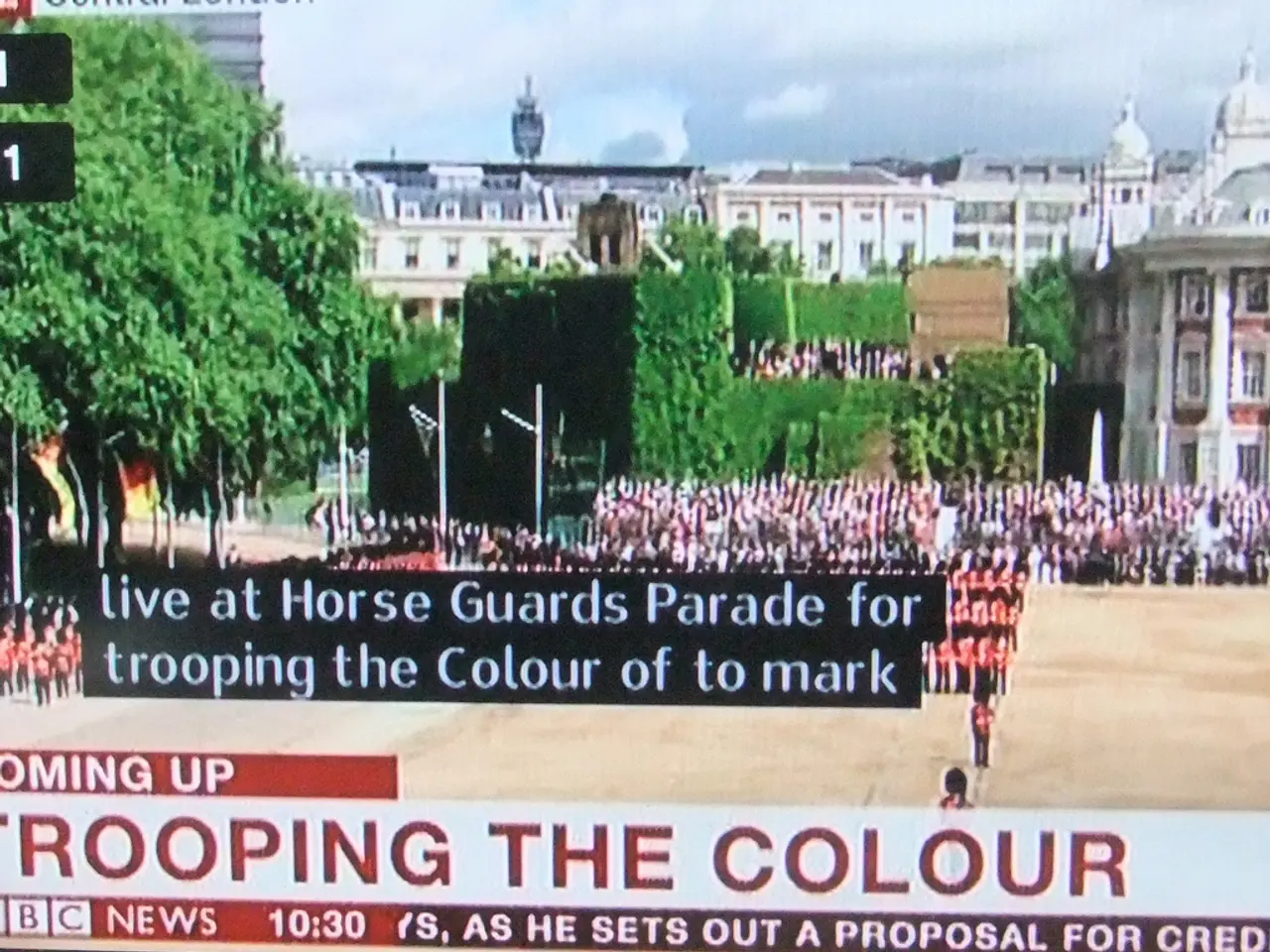Kamala Harris Decides Against Contention for California Governor in 2026, Aims for 2028 and Discloses Details in Upcoming Book | News
Kamala Harris, the Vice President of the United States, faces several potential obstacles if she seeks the Democratic presidential nomination in 2028. With Joe Biden's lowered popularity and a crowded field of contenders, Harris must navigate a complex political landscape to secure the nomination.
Biden's Lowered Popularity
One major challenge for Harris is the shadow cast by Biden's lowered popularity. Some voters and Democrats still associate Harris with his administration and its perceived shortcomings. This association could affect Harris's appeal, making it crucial for her to establish her own identity and policy platform.
A Competitive Democratic Field
The Democratic field for the 2028 presidential election is expected to be competitive, with figures like former U.S. Rep. Katie Porter, former LA Mayor Antonio Villaraigosa, and former Biden health secretary Xavier Becerra vying for support. This crowded field could split the party's support, making it difficult for any one candidate to gain a clear advantage.
Voter Uncertainty and Gender-Related Challenges
During the 2024 campaign, some voters were unclear about Harris's positions or dissatisfied with her stance on certain issues. This lack of strong, distinct identity compared to Biden may hinder her in distinguishing herself from other candidates. Additionally, gender-related challenges, such as skepticism about a woman’s electability as president and implicit sexism among some Democratic voters, could also impact Harris's chances.
Democratic Disunity and Identity Crisis
The broader context of Democratic disunity and identity crisis could make it potentially safer electorally to default to more traditional candidates. This dynamic underscores the need for Harris to clearly differentiate herself from Biden and other nominees, and to address both party fragmentation and societal biases.
Harris's decision not to run for California governor in 2026 and speculation about a potential 2028 bid indicate her awareness of these dynamics. However, overcoming these obstacles would require a strategic approach that addresses both party fragmentation and societal biases, and a clear articulation of her unique policy platform.
As Harris prepares for her future political endeavors, she is set to release her new book "107 Days" in September, covering her historic run for president in 2024. This reflection on her past campaign could provide insights into her strategy for the 2028 race.
[1] CBS News
[2] The Hill
- In the face of Biden's lowered popularity, which may influence voters' perceptions of Harris due to her past affiliation with his administration, it's essential for Kamala Harris to establish a clear and distinct policy platform to separate herself from his perceived shortcomings.
- With a competitive Democratic field for the 2028 presidential election, a crowded landscape that includes figures like Katie Porter, Antonio Villaraigosa, and Xavier Becerra, Harris must differentiate herself from other contenders to gain a clear advantage and secure the nomination.








